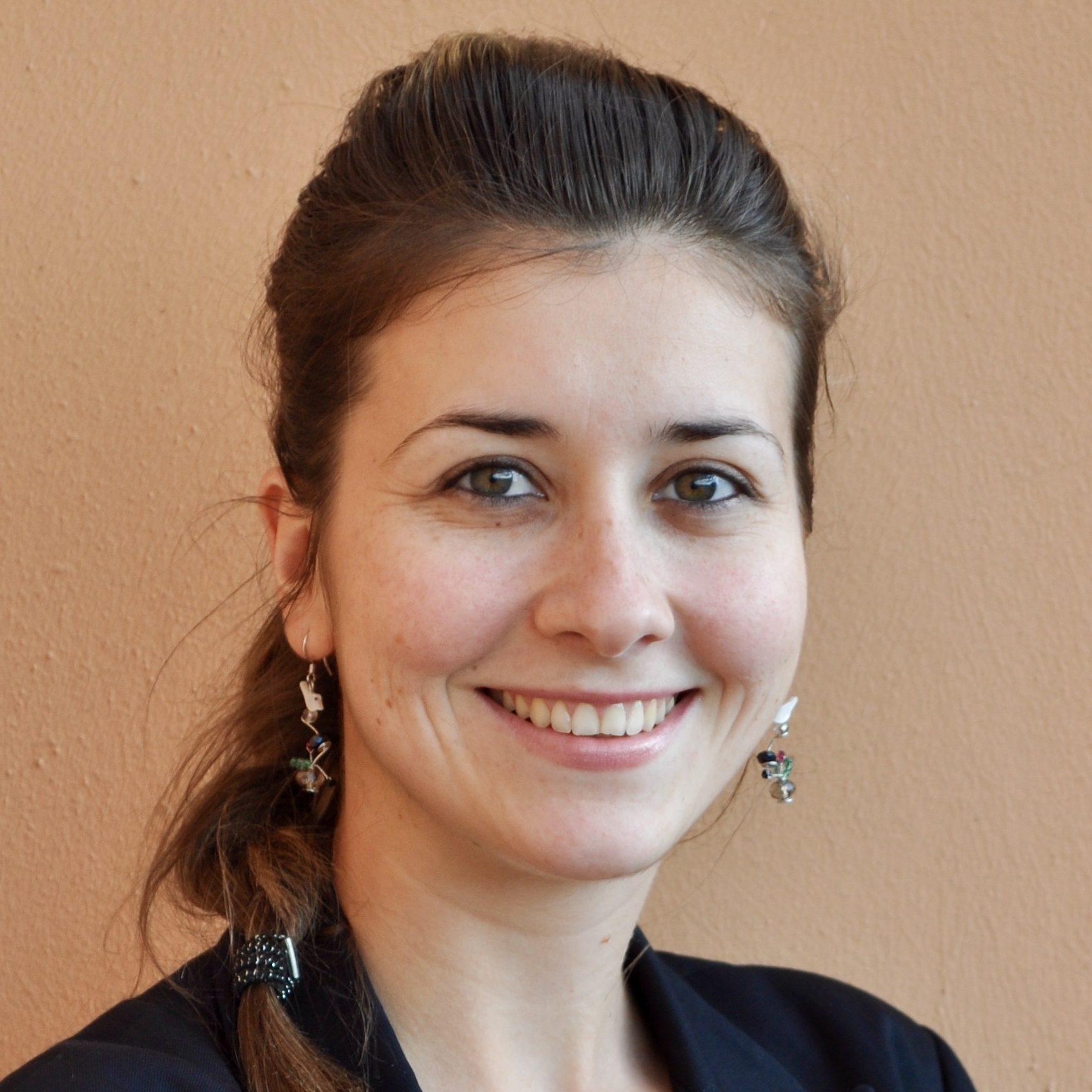On April 19, 2021, Annalena Baerbock was announced as the German Green Party candidate for chancellor. With this nomination, Baerbock became the only woman in the race to succeed Angela Merkel. However, her nomination was undermined from the outset when she started to face sexist allegations, smear campaigns, and more negative coverage than her male competitors. One of the well-known tactics of malign actors who build on sexist narratives and disproportionately target women candidates is to use gendered disinformation to intimidate female candidates and consolidate power. This can ultimately lead to distorted public understanding of the women candidates, discourage women from running in political campaigns, and silence their and other diverse voices. Therefore, this phenomenon of undermining female political candidates not only enhances misogynistic and other harmful practices, it also contributes to weakening democracies and their public discourse.
While one would think that Germany should be used to seeing women in top political positions, a recent study has shown that almost nine out of ten female MPs in Germany have been targeted by online hate speech and threats. This hate often contains stereotypes, misogyny, and sexualized subversion of credibility—a discursive process that defames the image of female politicians. Throughout the course of the race, Baerbock has been portrayed in a problematic way in both domestic and foreign media. The Green Party candidate is often depicted as inexperienced (a typically sexist trope), and she is the target of gendered disinformation campaigns. The different campaigns have so far broached, among other things, Baerbock’s (allegedly phony) graduate degree and false statements about her climate policies. Russian state-backed outlets actively echo accusations of plagiarism and amplify other manipulated messages without necessary contextualization. The Alliance for Securing Democracy’s most recent analysis of data from our German Election Dashboard also illustrates that Russian state-backed media put an outsized focus on negative coverage about Baerbock. This becomes particularly clear when comparing their coverage of her to their coverage of her male competitors in the running for chancellor.
Dissemination and amplification of harmful narratives over social media plays an important role in malign efforts to undermine the Baerbock’s candidacy. Hashtags like #verdienenwiebaerbock (earnlikebearbock), #studierenwiebaerbock (studylikebaerbock), #baerbockgate, and #baerplag (short form for plagiarism) have been trending on Twitter as part of a campaign to erode Baerbork’s credibility and diminish trust in the Green Party’s choice. In April, a screenshot falsely stating that Baerbock wanted to ban Germans from keeping pets due to their climate effects went viral on Facebook. Another screenshot claimed that she wanted to abolish the pension for widows. Despite lacking a factual basis, the latter image was shared on Facebook more than 2,800 times in a single day. Moreover, faked nudes have been circulating online to further discredit her—a highly disturbing but known feature of gendered disinformation. Baerbock has also faced conspiracy theorists’ claims that she wants to destroy Germany and is actually a “puppet” of the billionaire George Soros (a typically antisemitic trope). Such antagonistic and manipulated narratives can have a wide societal impact as they link and perpetuate harmful messages that fuel divisions within societies, increase gender inequality, marginalize healthy democratic discourse, and threaten the preservation of democratic values and principles.
Nevertheless, other factors also contributed to rising criticism and questions about Baerbock’s competence. Only a few weeks after announcing her candidacy, Baerbock reported to the Bundestag an ancillary income of €25,000—all of which came from the Green Party. Although the office of party chair is held on an honorary basis, she repeatedly received special payments from the party between 2018 and 2020. Furthermore, following the publication of her book “Jetzt. Wie wir unser Land erneuern” (“Now. How we renew our country”), Baerbock had to add some lacking sources of information to the next edition as she was accused of having taken passages from studies and newspaper articles, in some cases verbatim, without proper attributions. These incidents, as well as ambiguities and subsequent corrections in her curriculum vitae, further reduced the public’s confidence in the integrity of Baerbock’s candidacy. However, while these missteps and inconsistencies significantly contributed to the criticism and loss of trust in the female candidate, experts have been shocked by the speed and intensity of and engagement with the gender-specific hate content and disinformation targeting her. And experts assume that this content will only increase ahead of the German general election in September, not least because it has never before been exercised to this extent on female politicians in Germany. Neither Angela Merkel, Annegret Kramp-Karrenbauer, nor Ursula von der Leyen were exposed to such smear campaigns.
Women in politics too often experience and witness hateful or sexist comments online, manipulated narratives about their personal lives, and questions and remarks about their capacities to lead. And it does not matter if they are true. The reporting and manipulated messages spread by domestic or foreign actors do not need to be factually correct to be harmful, and they can undermine an election’s integrity or trust in the democratic process. Yet, as gendered disinformation and sexism continue to circulate online, society is reacting. Experts, the press, and other female politicians are increasingly standing up to talk about sexism, misogyny, and the unequal treatment of power-seeking women. Social media platforms have adopted some measures, including commitments for improved services with regards to reporting and curation, to ensure a safer online environment for women, but they already struggle to enforce existing rules. Nevertheless, the nomination and discourse around Annalena Baerbock’s candidacy, as well as the candidacy of other female candidates around the world, can and should contribute to raising awareness about disinformation, hate speech, and related malign efforts that target women but impact all of society. Therefore, an increased whole-of-society awareness of and subsequent measures against the amplification of harmful and threatening content about public female figures (and others) will not only help to protect them, but will also contribute to women’s democratic empowerment, improve the current political system, create a healthy public discourse, and enhance democracy.
The views expressed in GMF publications and commentary are the views of the author alone.






